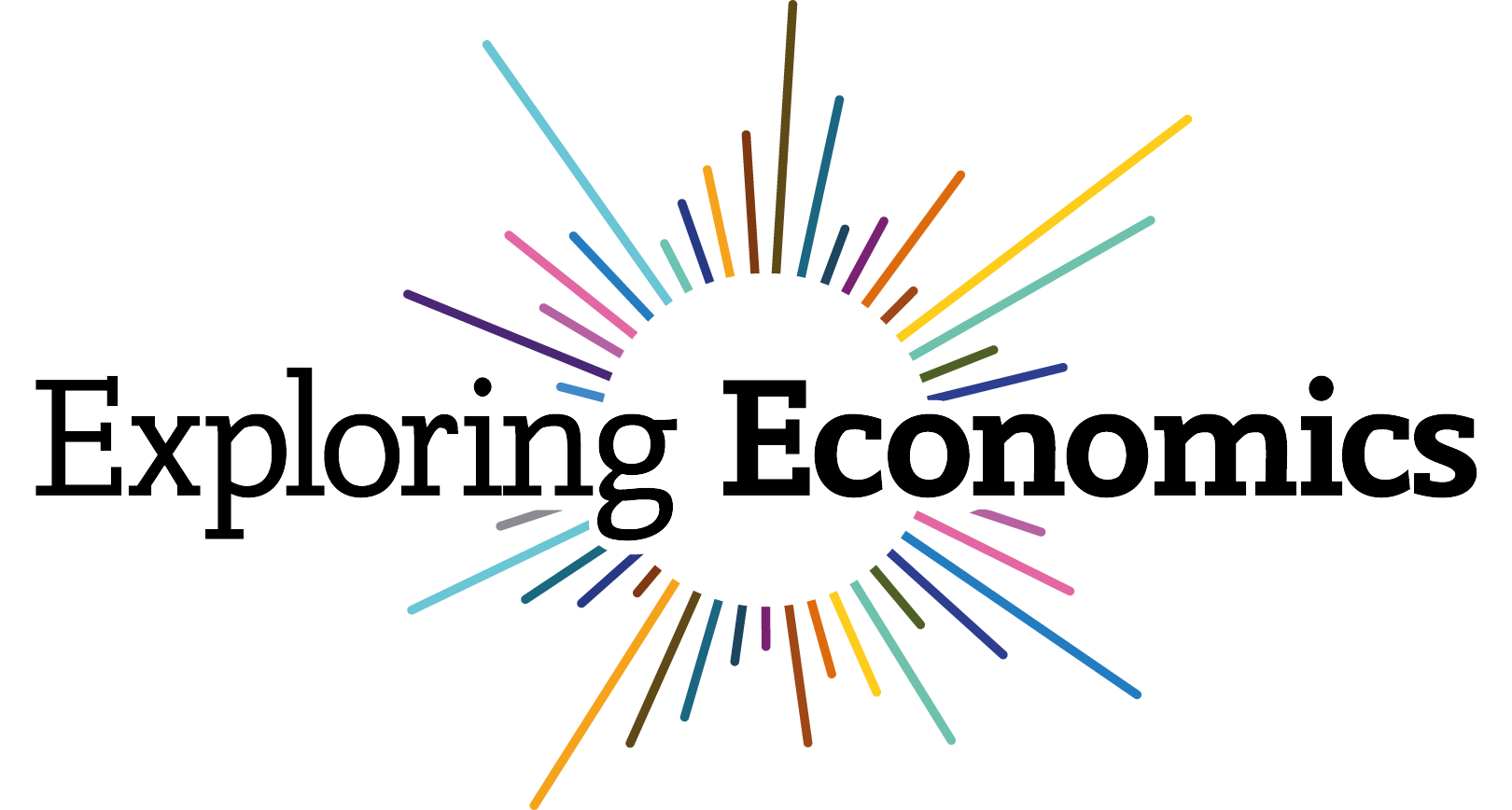Social Experiments to Alleviate Poverty
Exploring Economics, 2019

We collect material summarizing the insights and achievements of the works awarded with Sveriges Riksbank Prize in Economic Sciences. Besides giving you an overview of the laureates we want to provide you with critical & plural perspectives on the respective theories and methodologies.
The 2019 Sveriges Riksbank Prize in Economic Sciences in Memory of Alfred Nobel has been awarded to Abhijit Banerjee, Esther Duflo and Michael Kremer “for their experimental approach to alleviating global poverty.” This lecture by Esther Duflo (only the second woman to win this prize!) and Abhijit Banerjee summarizes their research. A shorter version is provided in this TEDtalk by Esther Duflo (Social experiments to fight poverty).
They use a methodological tool called Randomized Control Trials (RCTs), which are supposed to provide evidence-based answers for policy-making. As you can see in the graphic below, RCTs are based on a selection of a ‘random’ or unspecified distribution of e.g. communities who are subjected to a trial or an experiment. This then measures the impact of certain development policies. It is supposed to attribute a causal relationship between the policy and its outcomes when compared to a ‘control group’ who are not included.

The technique is founded on behavioural economics and experimental design. It also stems from the trend in Economics to use econometric methods and computing power for increasingly large amounts of data.
Some critical perspectives:
RCTs are supposed to provide a better scientific base for poverty-alleviating policies. In reality, however, they have some important limitations. We have listed some critical perspectives on the 2019 prize below1:
- Nancy Cartwright and Angus Deaton debate the limitations of RCTs.
- Sara Stevano provides a good literature review of RCT critique and a bigger picture of the general debate in development economics.
- Ben Fine et al. offer a critical assessment of the World Development Report 2015, which seeks a redesign of development policy on the basis of insights emerging from behavioural economics.
- Farwa Sial and Carolina Alves debate the systemic dimension and "Why Positive Thinking Won't Get You Out of Poverty".
1 Inspired by a great Twitter thread by Ingrid H. Kvangraven (@ingridharvold).
Go to: Social Experiments to Alleviate Poverty
